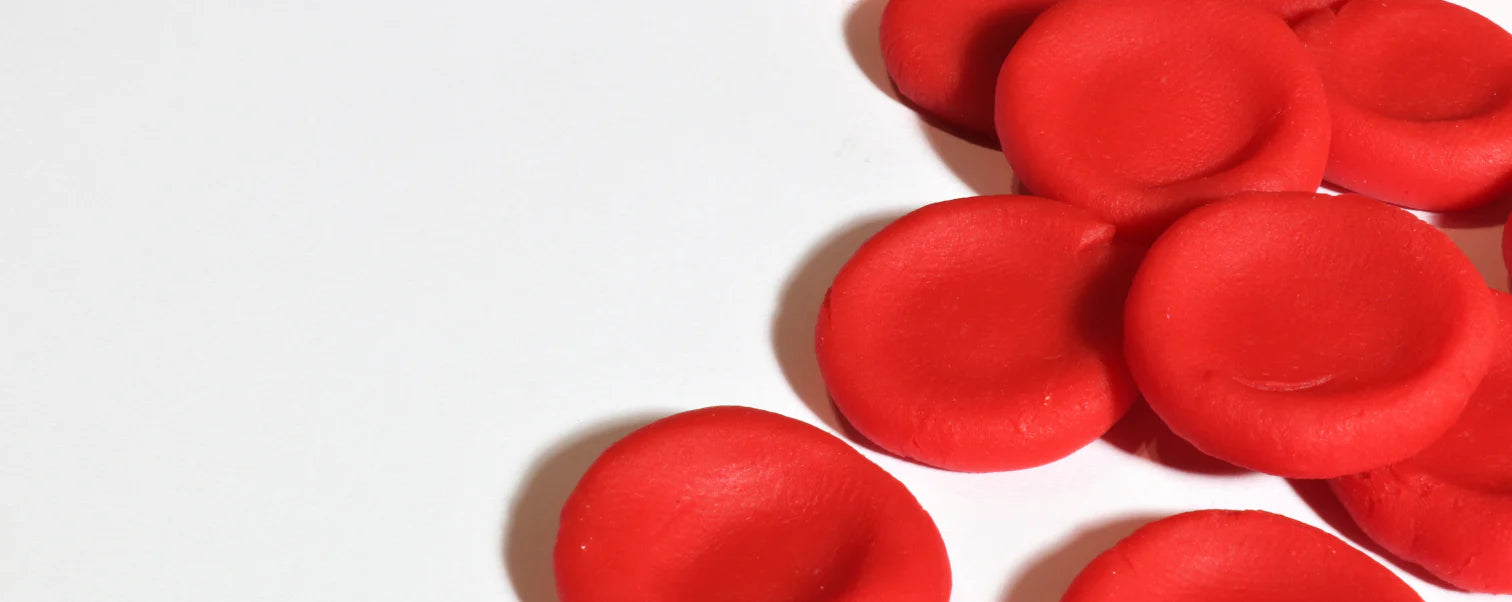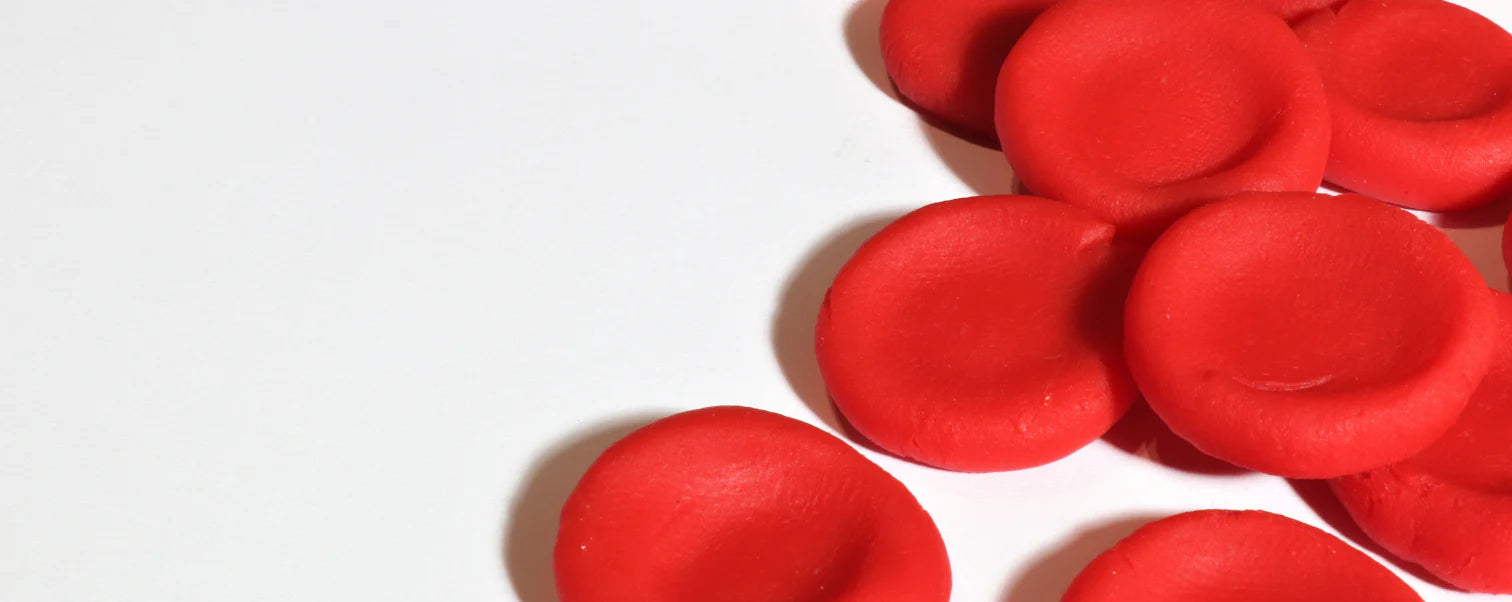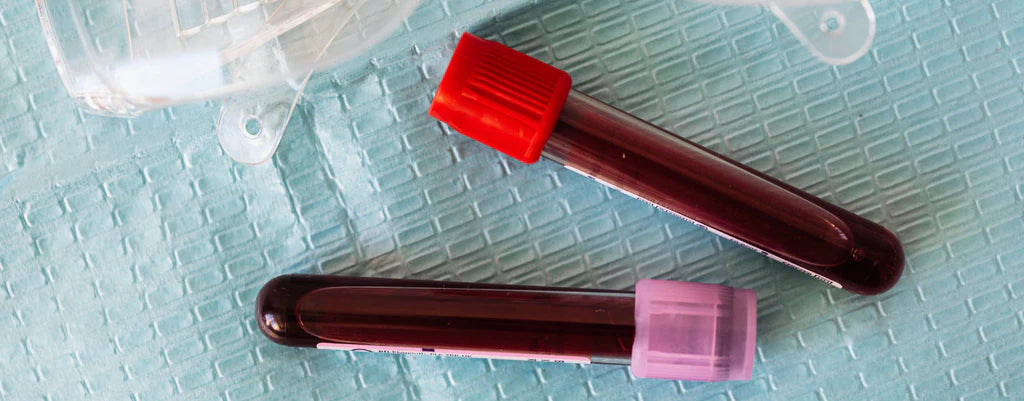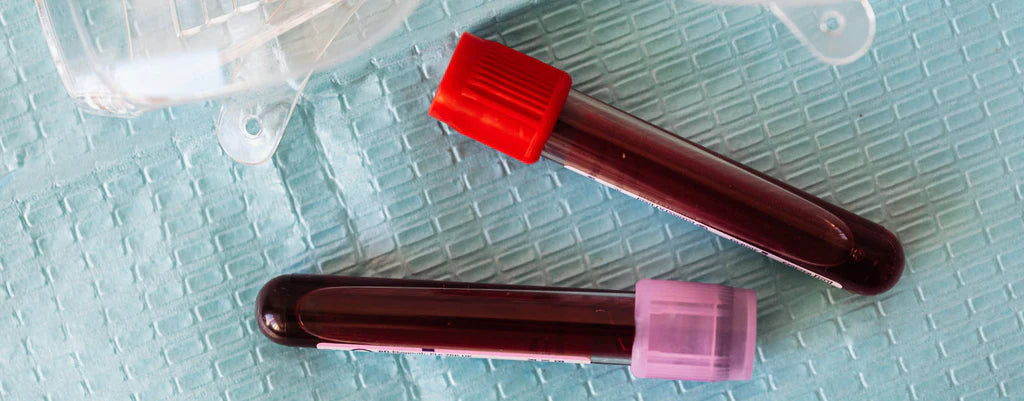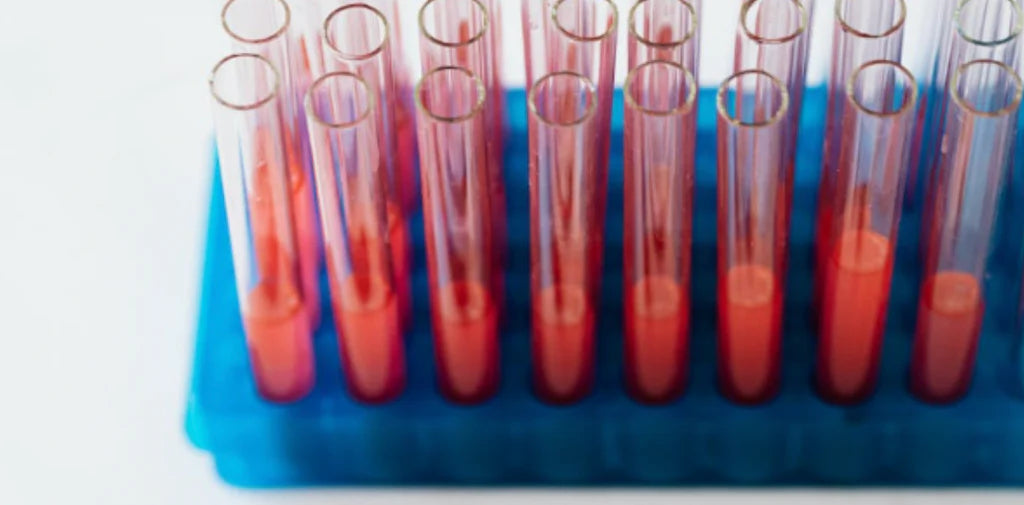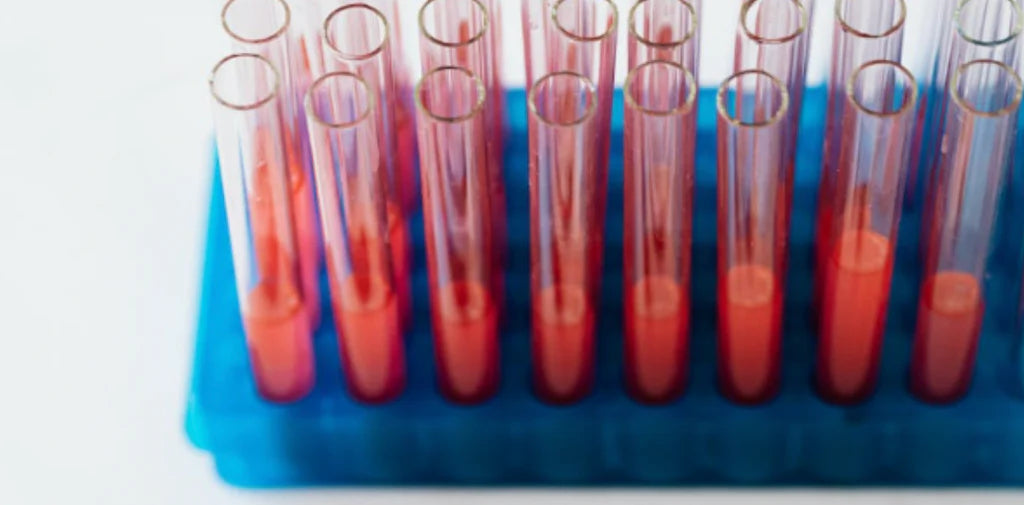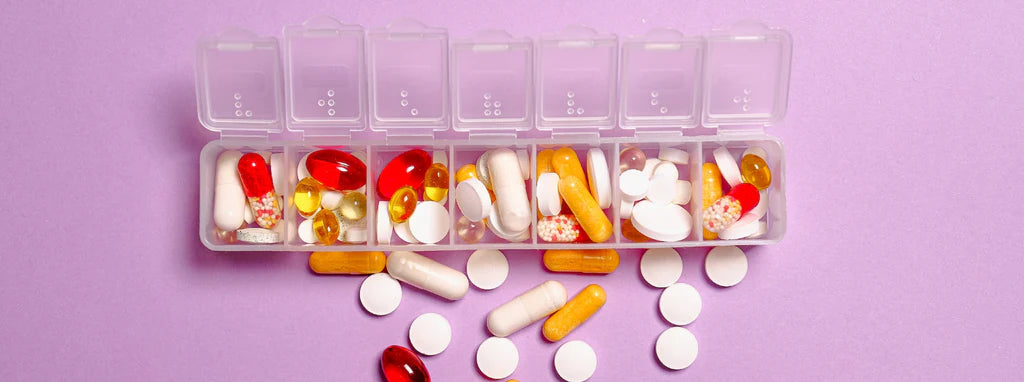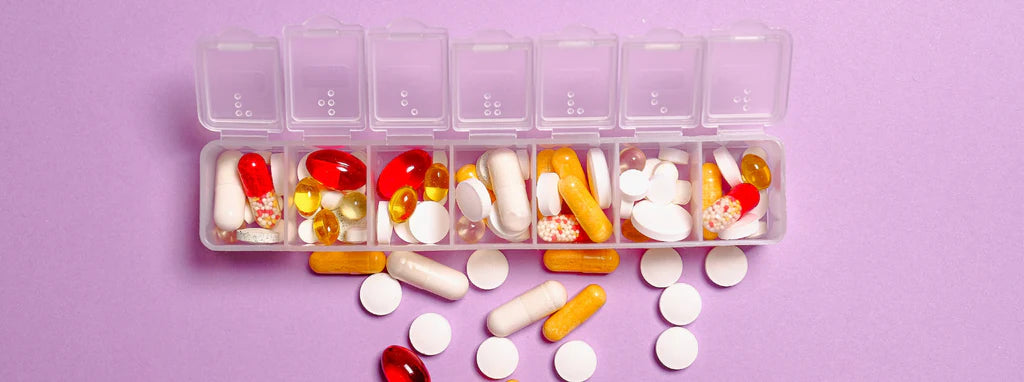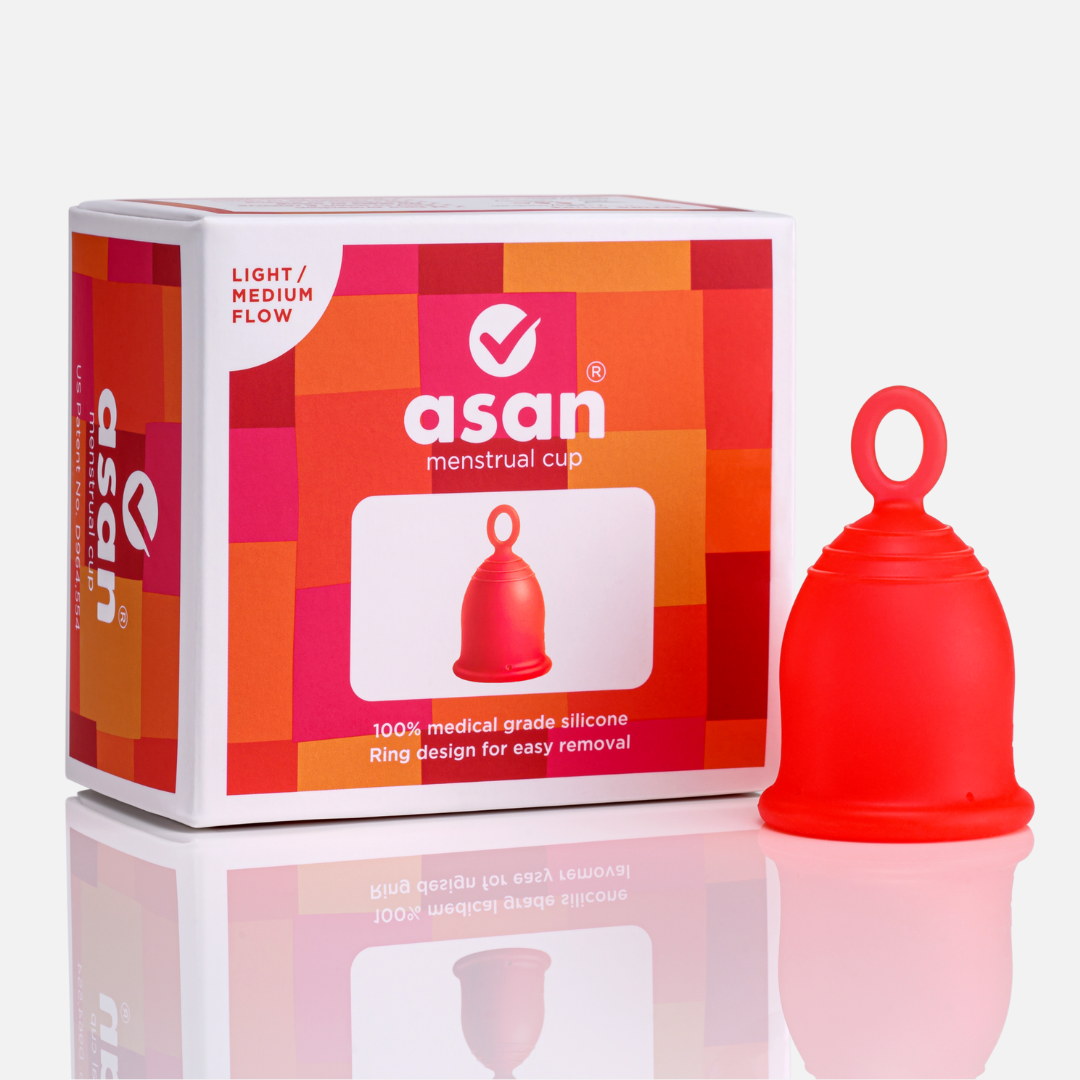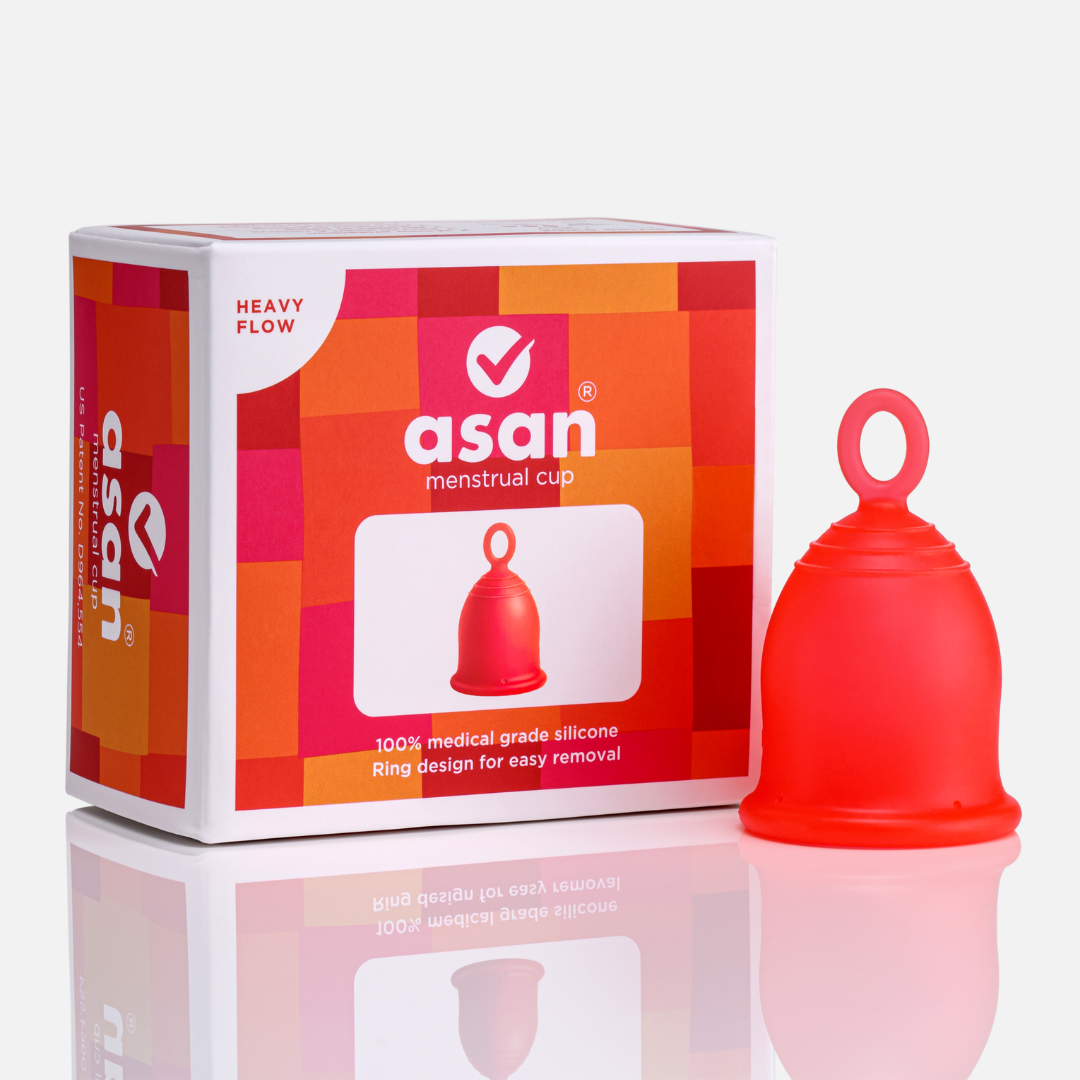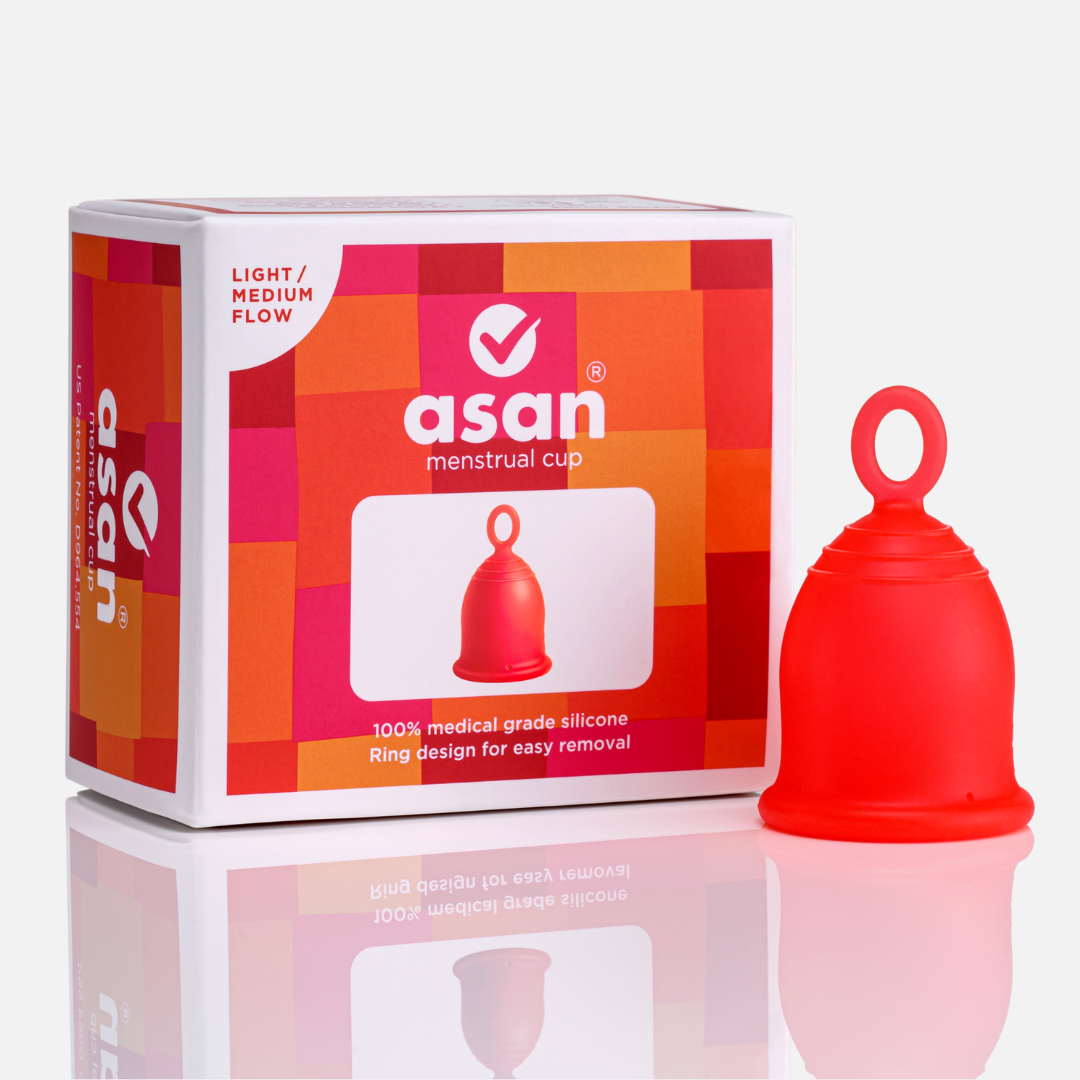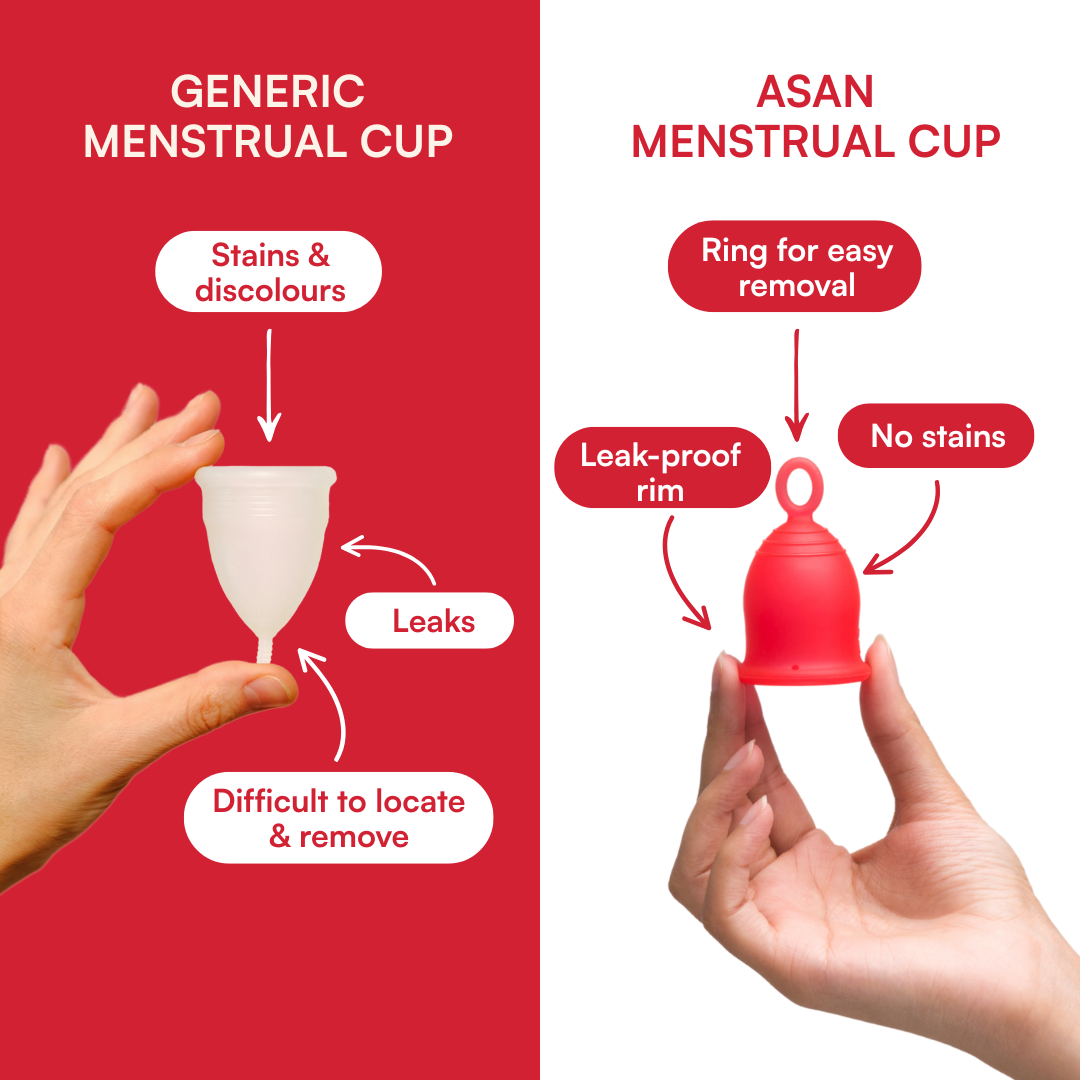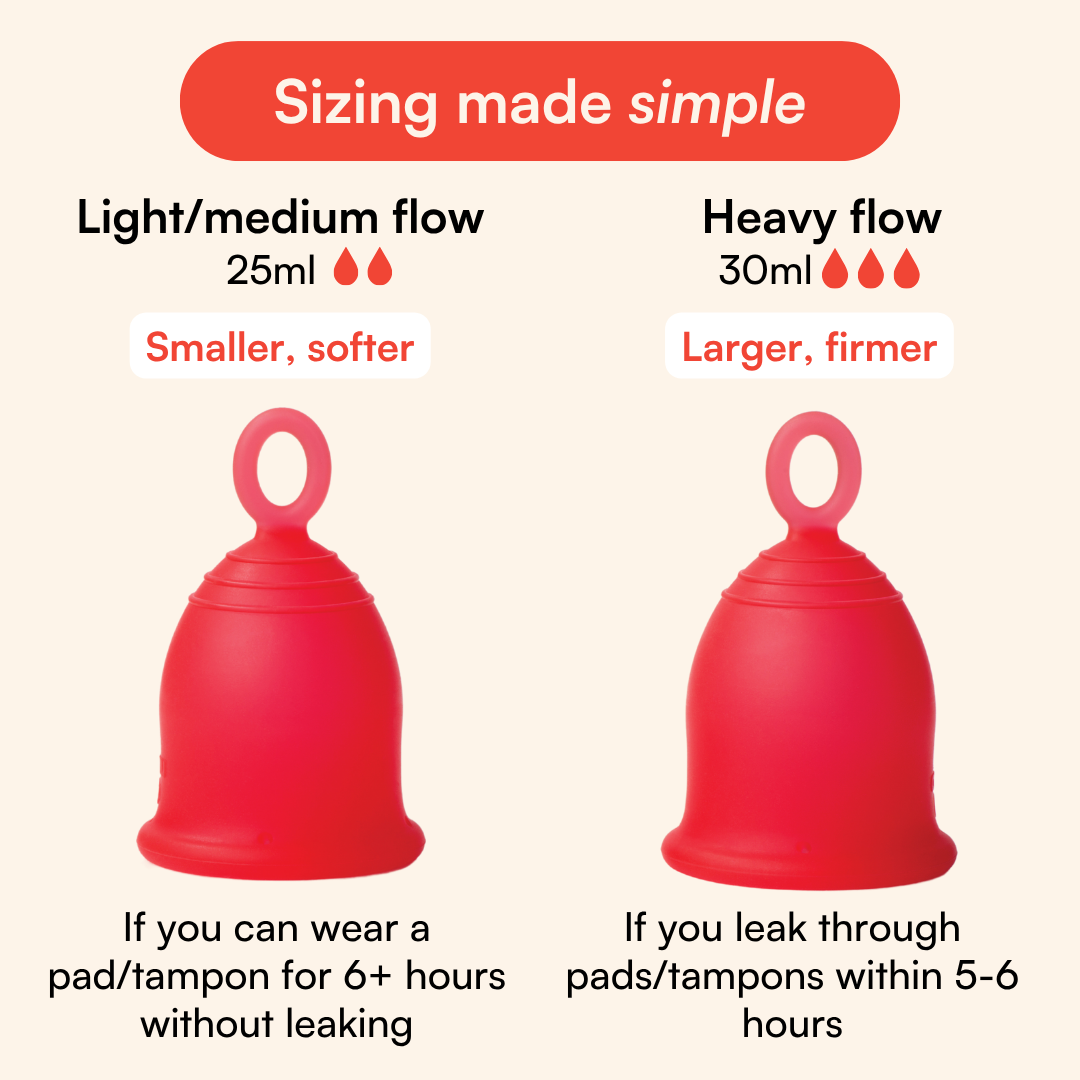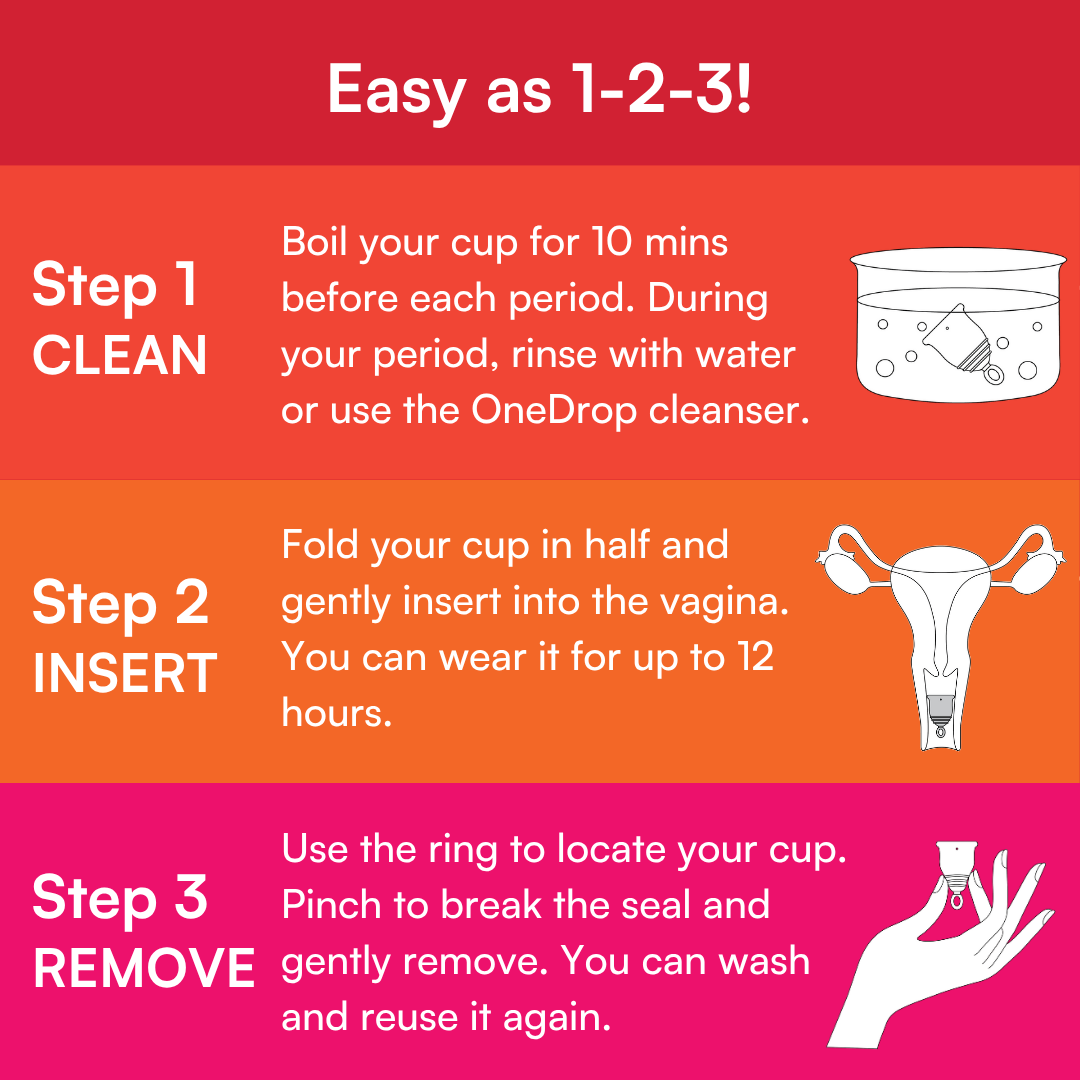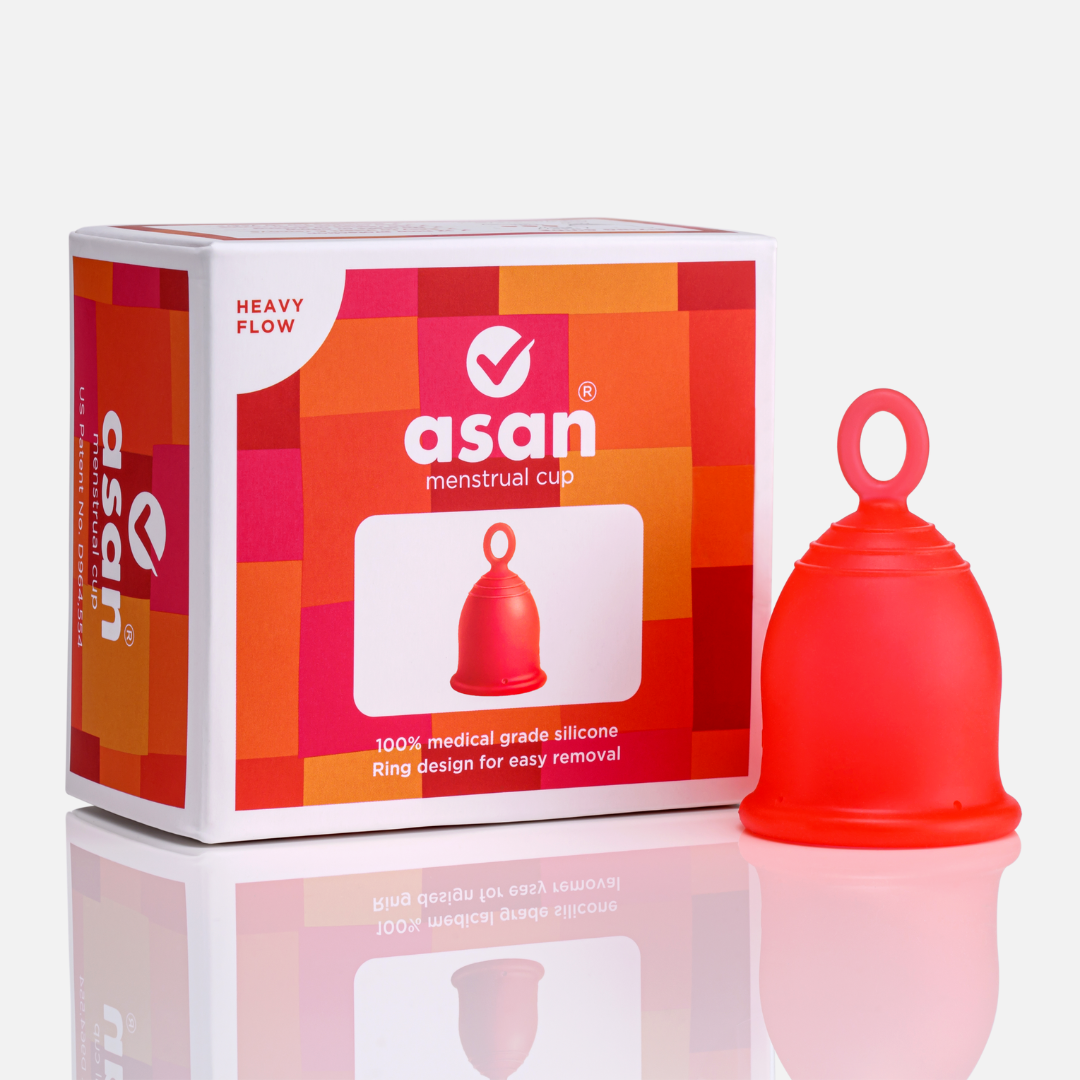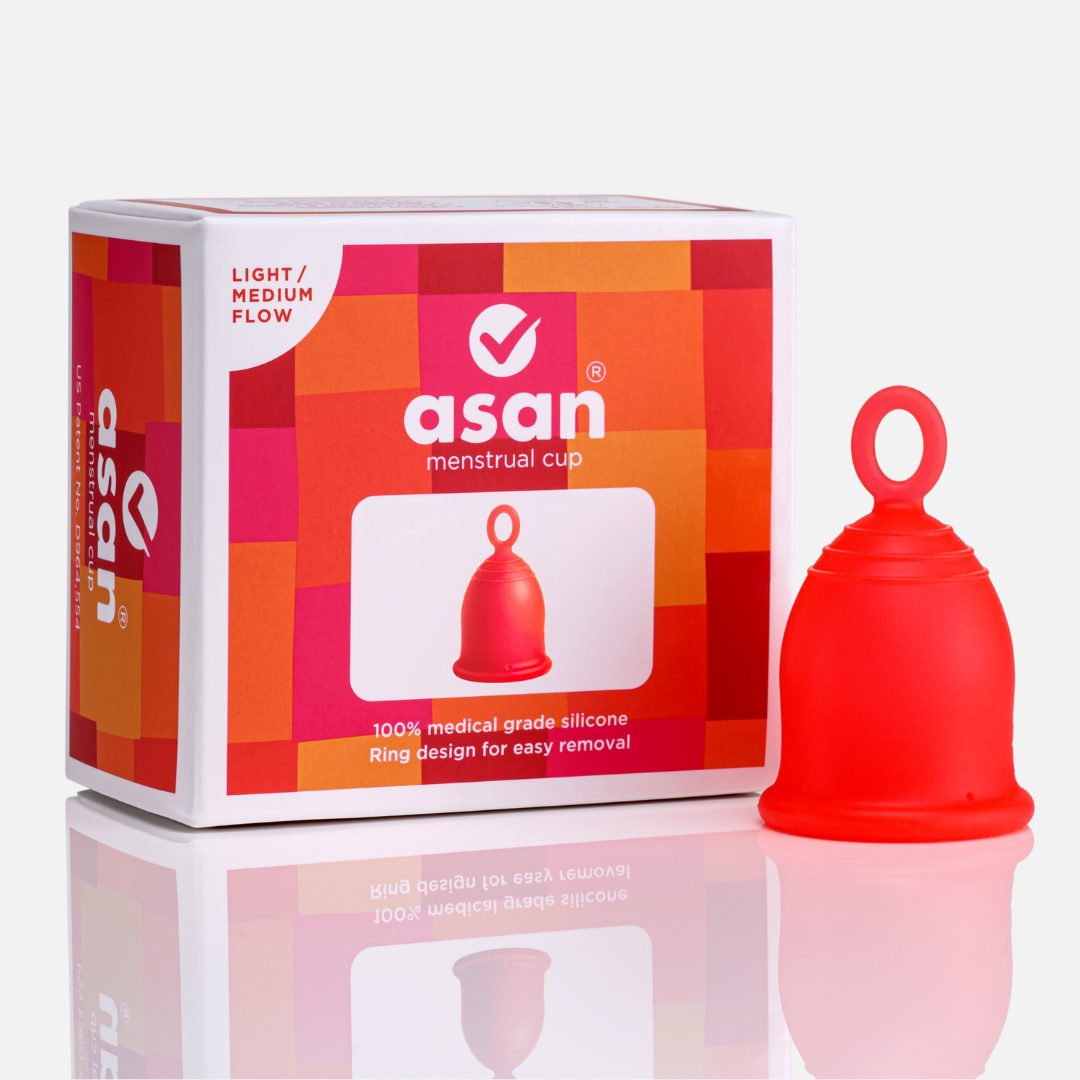If you have been experiencing extremely heavy periods over a long period of time, you may be at risk of depleted iron levels.
The issue with excessive blood loss through periods is that iron can’t be replaced fast enough by our bodies, and so, as a result, there is not enough iron left to make sufficient red blood cells for your next period due to the blood loss from your previous periods.
So the answer to your question, can low iron affect your periods? is, yes. Anemia can cause a delay or irregularities in your menstrual cycle.
If you are experiencing delayed or irregular periods for more than two consecutive menstrual cycles, it’s best to consult a doctor to understand the issue.
